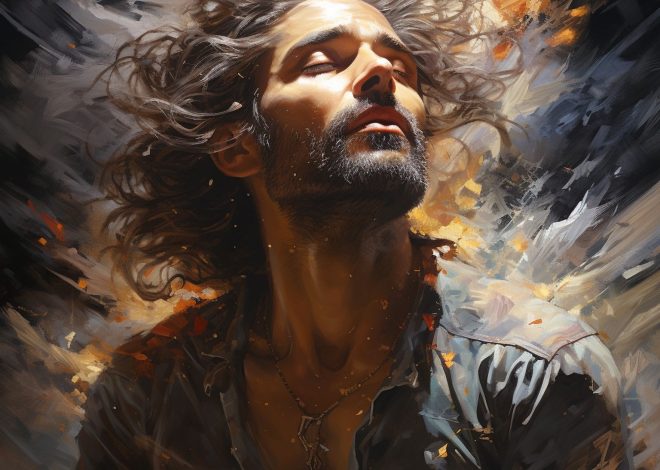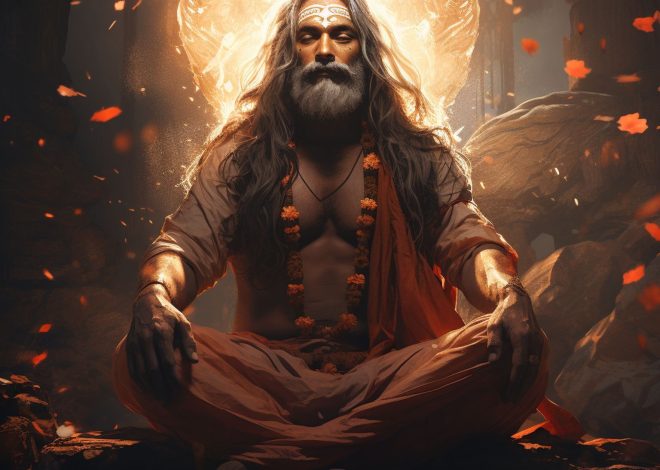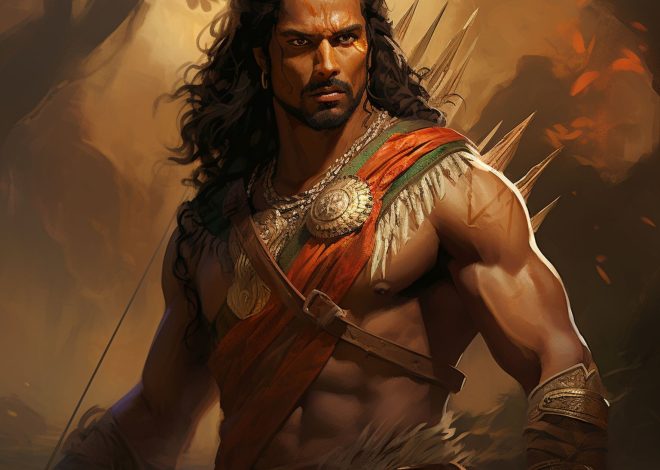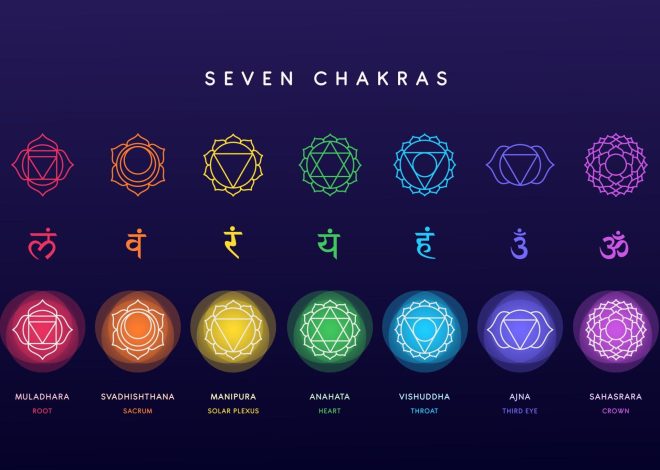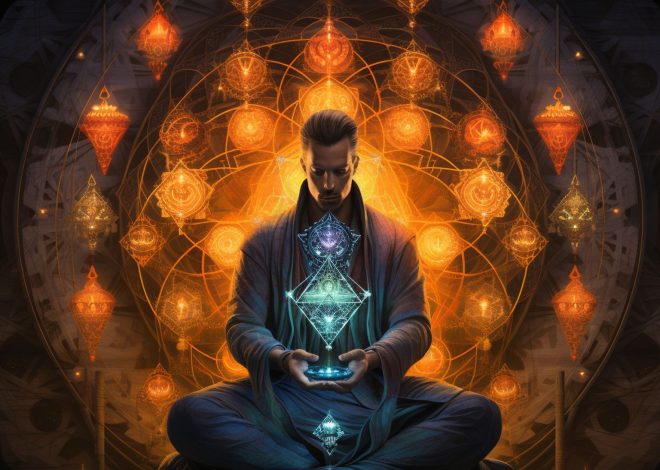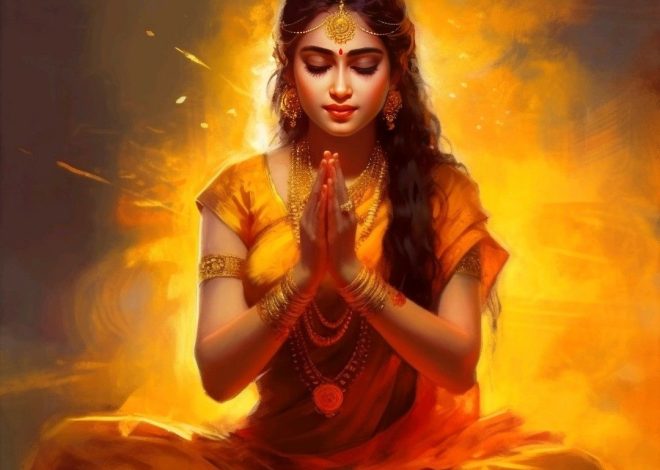Indian Leaders and Their Sanatan Roots: A Holistic Approach to Global Leadership
Indian executives frequently shine with a certain flare in today’s globalized corporate landscape. I believe that their ancient Sanatan Dharma traditions have instilled in them a worldview that transcends contemporary Western leadership styles. As we experience opposing leadership behaviors, it is critical to understand whether Sanatan principles may actually provide a more holistic approach to […]
The 3 impurities of mind.
The ancient Indian philosophy, particularly the Advaita Vedanta school, introduces us to three primary impurities of the mind: Avidya, Vikshepa, and Avarana. These are not only intellectual constructs; they also provide practical insights into comprehending the challenges we face in our daily lives and spiritual journeys. Avidya: The Ignorance That Cloaks RealityAvidya, which translates to […]
The Philosophical Roots of Moksha Patam: The Original Snakes and Ladders
Snakes and Ladders is a classic game that has been played by people all over the world and across cultures and languages. Few, though, are likely aware of its profound spiritual precepts originating in ancient India. Invented by the poet-saint Gyandev in the 13th century, Moksha Patam is the ancestor of the British game Snakes […]
Vasudhaiv Kutumbakam: Modern Society’s Antidote to Extreme Individualism
In an era when strong individualism frequently weakens communal bonds, the old Indian adage “Vasudhaiv Kutumbakam,” which translates as “the world is one family,” emerges as a critical counterweight. This timeless aphorism, rooted in the Maha Upanishad, offers a collectivist ideology that may provide a much-needed balance in today’s increasingly fractured world. Individualism: A Two-Edged […]
Hallmarks of an enlightened soul
इज्याऽध्ययनदानानि तपः सत्यं धृतिः क्षमाअलोभ इति मार्गोऽयं धर्मस्याष्टविधः स्मृतः Doing Yagya, studying Veds, giving alms, austere meditation, speaking truth, being patient, being forgiving, and not being greedy. These are the eight path of Dharm. This is per a Shlok of Hitopadesh. What elevated this from a list of guidelines of life to principles of life […]
Hallmarks of a great man (mahatma)
विपदि धैर्यमथाभ्युदये क्षमासदसि वाक्पटुता युधि विक्रमः ।यशसि चाभिरुचिर्व्यसनं श्रुतौप्रकृतिसिद्धमिदं हि महात्मनाम् ।। Per Hitopadesh During a time of crisis, the one who has patienceDuring the time of growth, the one who has forgivenessIn a gathering of wise men, the one who has great communication skillsIn a war the one who has braveryWho is interested in […]
Gratitude: An Indian Perspective
Gratitude is one of the most transformational feelings. Gratitude is being recognized worldwide, but India has always embraced it in its scriptures, folk tales, and cultural customs. Drawing from the rich tapestry of Indian thought, this article delves into the nuances of gratitude. Ancient Scripture GratitudeEarly references to gratitude in Indian culture can be found […]
Dr. Hiroshi Motoyama’s Chakra-Nadi System: Bridging Ancient Wisdom and Modern Science
Chakras and energy centers have long been discussed in Eastern philosophy and spiritual traditions. Dr. Hiroshi Motoyama, a Japanese scientist and spiritual researcher who invented the Chakra-Nadi system, is a prominent figure in this interdisciplinary endeavor. His approach is unique in that it combines ancient chakra philosophy with modern scientific understanding, particularly of the endocrine […]
The Chakras in Indian Scriptures: A Journey Through Cosmic Energy Centers
Chakras are strongly rooted in Indian philosophy and spirituality. The Sanskrit word ‘chakra’ means ‘wheel’ or ‘disk,’ symbolizing the spine’s spinning energy centers. Indian classics like the Vedas, Upanishads, and Patanjali’s Yoga Sutras mention these chakras. Traditionalists identify seven major chakras, but interpretations vary. Root Chakra: MuladharaMuladhara, at the base of the spine, underpins us. […]
The Appropriation of Hindutva: Misuse by Anti-Indian Forces
Hindutva, as conceived by Vinayak Damodar Savarkar and other early proponents, aimed to celebrate the cultural and historical essence of Hinduism. It was seen as a unifying cultural identity for Hindus, emphasizing shared heritage and values. Hindutva, a term originally coined to describe the cultural and nationalist aspects of Hindu heritage, has found itself at […]

